Equipment Showdown: Comparing Different Brands of Tomato Paste Production Line Equipment
Tomato paste is an essential product in many food industries worldwide, making the choice of production line equipment a critical business decision. Selecting the right tomato paste production line equipment can influence your efficiency, output quality, and operational costs. With many leading brands such as GEA, Bühler, and Tetra Pak offering various options, it can be challenging to determine the best choice.
This blog will provide a comprehensive comparison of these three industry leaders. We’ll analyze their equipment based on performance, price, technical support, and additional features. The goal is to offer a practical guide that helps you choose the right tomato paste production line for your specific needs.
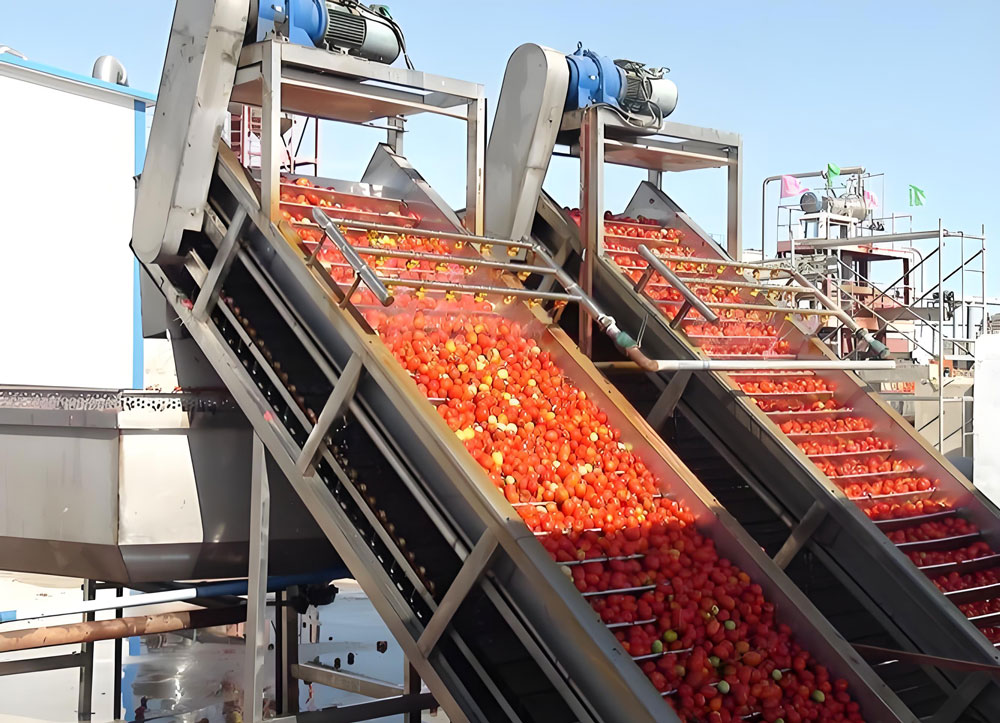
1. Performance Comparison
When assessing the performance of tomato paste production lines, it's essential to evaluate the entire process, from raw tomato handling to paste concentration and packaging. Each brand offers unique features to meet diverse operational needs.
A. GEA Group
- Processing Capacity: GEA is renowned for its high-performance solutions, catering to large-scale manufacturers. Their tomato processing lines can handle up to 6,000 kg of raw tomatoes per hour, ideal for factories aiming for large outputs.
- Core Technology Advantage: GEA employs innovative thermal processing technologies, ensuring energy-efficient and consistent paste concentration. Their cutting-edge sterilization techniques maintain product quality while meeting stringent food safety regulations.
- Automation: GEA offers highly automated systems, featuring advanced process controls that allow for minimal human interference, ensuring consistent quality and high production rates.
B. Bühler
- Processing Capacity: Bühler’s Tomato Paste Lines cater to mid-to-large-scale production facilities. With processing capacities ranging from 3,000 to 5,500 kg per hour, they provide a balance between size and flexibility.
- Technical Advantage: Bühler is celebrated for its precision engineering, particularly in fruit and vegetable processing. Their equipment incorporates energy-saving solutions, reducing operational costs while ensuring efficient product handling and output.
- Automation: Bühler offers semi-automated systems, suitable for companies that want a balance between automation and manual control. Their systems are adaptable and provide options for easy upgrades.
C. Tetra Pak
- Processing Capacity: Tetra Pak positions itself for small to mid-sized manufacturers, with production lines capable of handling up to 4,000 kg per hour. While slightly lower than GEA and Bühler, they excel in product versatility and flexibility.
- Technical Advantage: Tetra Pak is known for its focus on food safety and hygiene. They have integrated clean-in-place (CIP) systems to reduce downtime, making them an excellent choice for operations that require frequent cleaning and maintenance.
- Automation: Tetra Pak offers fully automated solutions with real-time monitoring capabilities, ideal for manufacturers who prioritize operational precision and food safety.
2. Price Comparison
The cost of tomato paste production lines can vary widely, depending on the brand, features, and production capacity. Initial investment and long-term operational expenses are crucial factors when considering a purchase.
A. GEA Group
- Initial Price: GEA equipment comes with a premium price, making it suitable for large-scale enterprises with significant capital investment capacity. The advanced technology and high processing capabilities justify the investment for companies looking for top-tier equipment.
- Maintenance Costs: The high-quality materials and construction of GEA machinery minimize long-term maintenance costs, though spare parts can be expensive. GEA offers extended warranties, reducing the financial burden of maintenance.
B. Bühler
- Initial Price: Bühler equipment is priced more moderately compared to GEA, making it more accessible for medium-sized manufacturers. However, its energy-saving design can provide long-term cost benefits, making it an attractive option for those seeking a balance between quality and cost.
- Maintenance Costs: Bühler’s equipment is engineered for durability, and the company offers affordable spare parts and servicing. Maintenance costs are reasonable, and they provide excellent technical documentation to assist with in-house repairs.
C. Tetra Pak
- Initial Price: Tetra Pak is generally more affordable than GEA and Bühler, making it ideal for smaller or mid-sized operations. While the upfront costs are lower, Tetra Pak does not compromise on quality or food safety features.
- Maintenance Costs: Maintenance costs are competitive, and Tetra Pak offers extensive technical support, ensuring minimal downtime. Their CIP systems make it easy for operators to maintain the equipment without extensive technical intervention.
3. Technical Support & After-Sales Service
When investing in complex industrial machinery, reliable technical support and efficient after-sales service are vital for ensuring operational continuity and equipment longevity.
A. GEA Group
- Technical Support: GEA offers 24/7 global technical support, including remote diagnostics and on-site assistance. Their team of experts ensures that equipment is installed correctly and operates smoothly.
- After-Sales Service: GEA’s after-sales network is extensive, with rapid response times and efficient spare parts logistics. They provide tailored maintenance packages that help reduce unplanned downtime.
B. Bühler
- Technical Support: Bühler provides solid technical support, offering both remote assistance and on-site service visits. Their technical teams are highly trained, ensuring that any issues are quickly resolved.
- After-Sales Service: Bühler offers a one-year warranty and comprehensive after-sales support, including training programs and maintenance contracts. They also have a vast spare parts network, ensuring quick replacements.
C. Tetra Pak
- Technical Support: Tetra Pak is renowned for its global support network. Their customer service is responsive, and they provide comprehensive training for operators to minimize the risk of operational errors.
- After-Sales Service: Tetra Pak excels in post-sale support, offering rapid spare parts delivery and maintenance services. Their CIP systems reduce the frequency of deep cleans, making them an economical choice for long-term maintenance.
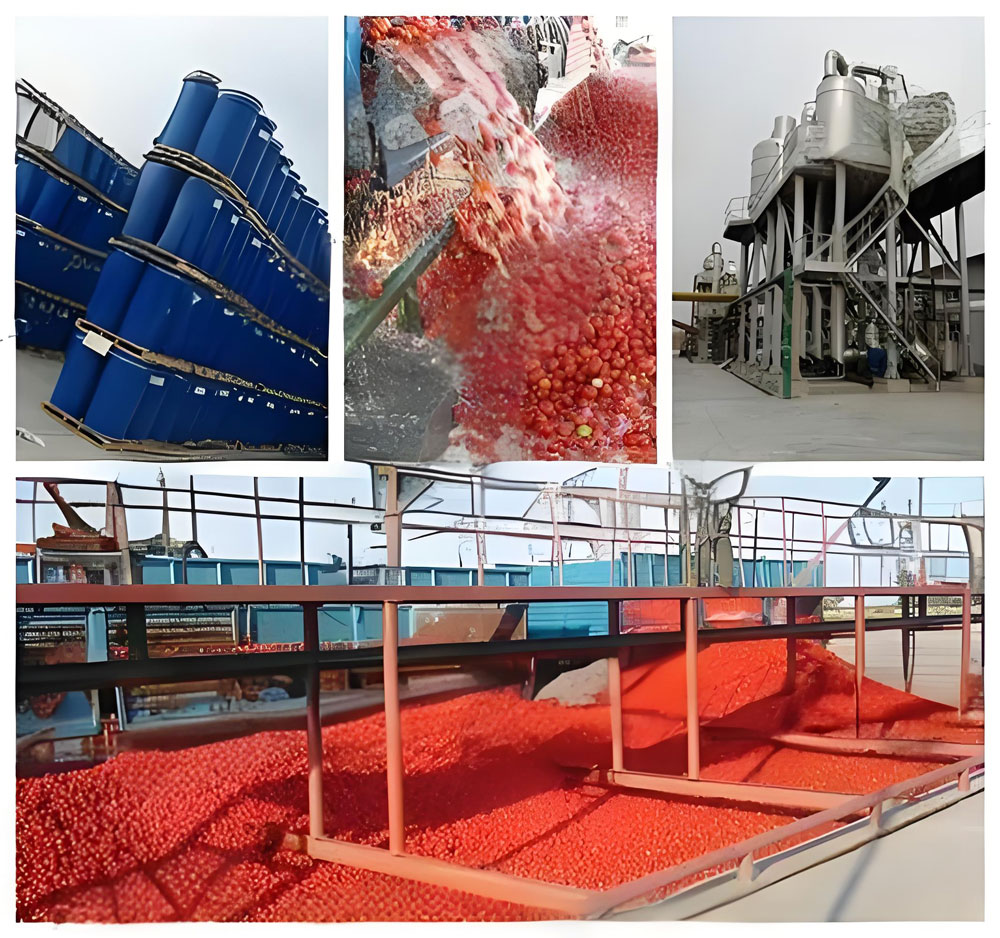
4. Choosing the Right Tomato Paste Production Line Equipment
Selecting the most suitable equipment depends on several factors, including production scale, budget, and the specific requirements of your operation. Here’s a breakdown to help you make the right choice:
A. Production Scale
Large-scale producers should consider GEA due to its superior capacity and advanced automation, which offers significant long-term savings. Bühler is ideal for mid-range producers looking for a balance between cost and performance. Tetra Pak is perfect for smaller operations that require flexibility and lower initial investments.
B. Product Focus
If your focus is on high-volume output and cutting-edge technology, GEA offers a great solution. For businesses prioritizing energy efficiency and versatility, Bühler is an excellent choice. Tetra Pak stands out for companies emphasizing hygiene and food safety due to their integrated cleaning systems and real-time monitoring capabilities.
C. Budget Considerations
GEA equipment is premium-priced but provides excellent long-term value for large-scale production. Bühler offers a more affordable entry point while maintaining strong performance. Tetra Pak’s affordability and low-cost maintenance make it ideal for businesses with limited budgets that don’t want to compromise on food safety or quality.
5. Using & Maintaining Tomato Paste Production Line Equipment
Proper use and maintenance are key to ensuring your equipment remains operational for the long term. Below are some essential tips for using and maintaining your tomato paste production line equipment effectively.
A. Usage Guidelines
- Equipment Setup: Ensure proper setup of your equipment according to manufacturer guidelines. GEA and Bühler both offer installation services to avoid common setup errors.
- Operator Training: All operators should be trained in the correct use of the equipment to prevent operational mishaps. Tetra Pak provides extensive training programs to ensure proper usage.
B. Maintenance and Care
- Regular Cleaning: Clean your equipment after each production cycle to prevent the build-up of tomato residue, which can affect performance. Tetra Pak’s CIP system is particularly effective in reducing cleaning downtime.
- Lubrication: Ensure moving parts are lubricated as recommended by the manufacturer to avoid unnecessary wear and tear.
- Scheduled Inspections: Schedule regular inspections to identify and resolve any potential issues early. Bühler’s equipment is designed to be easily inspected and maintained, making it a cost-effective option for companies prioritizing longevity.
Conclusion: Which Tomato Paste Production Line is Right for You?
When it comes to selecting tomato paste production line equipment, GEA, Bühler, and Tetra Pak all offer unique advantages. Large-scale producers may prefer GEA for its high performance and automation capabilities, while Bühler offers a balance between price and efficiency for mid-sized operations. Tetra Pak stands out as the ideal choice for smaller manufacturers focused on hygiene, flexibility, and cost-effectiveness.
Carefully consider your production scale, budget, and specific business needs when choosing the right equipment. By selecting the right tomato paste production line, you’ll be able to optimize production, reduce costs, and deliver high-quality products to your customers.
Must-Read Blogs For Chain Restaurants Owner

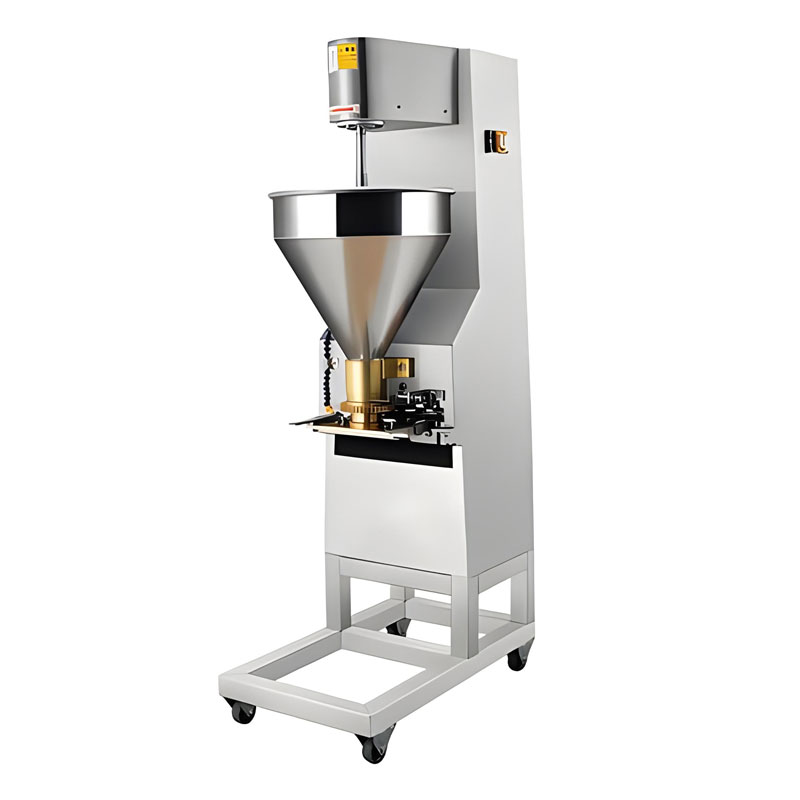
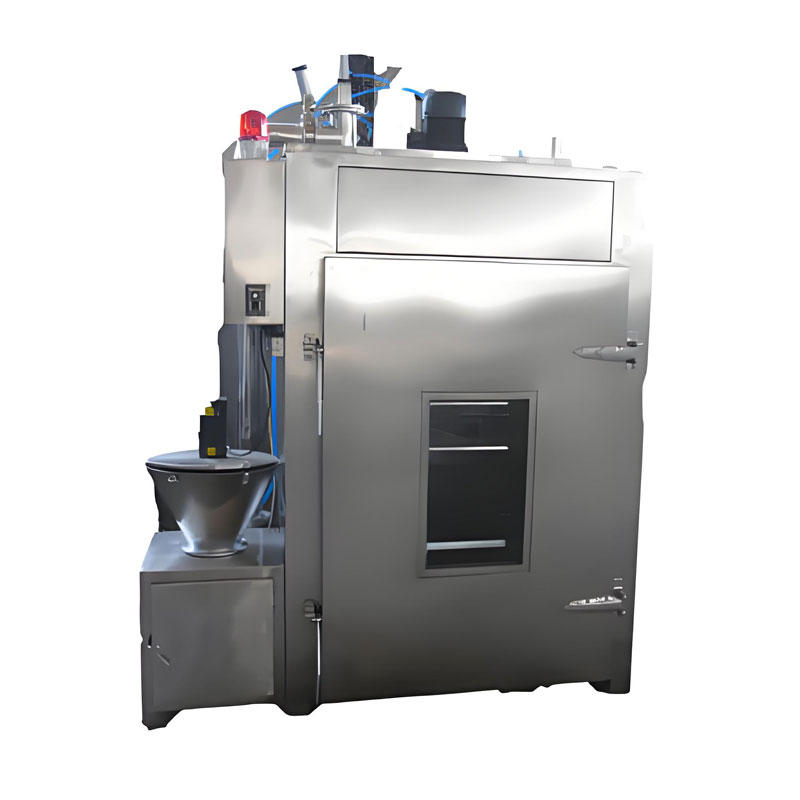
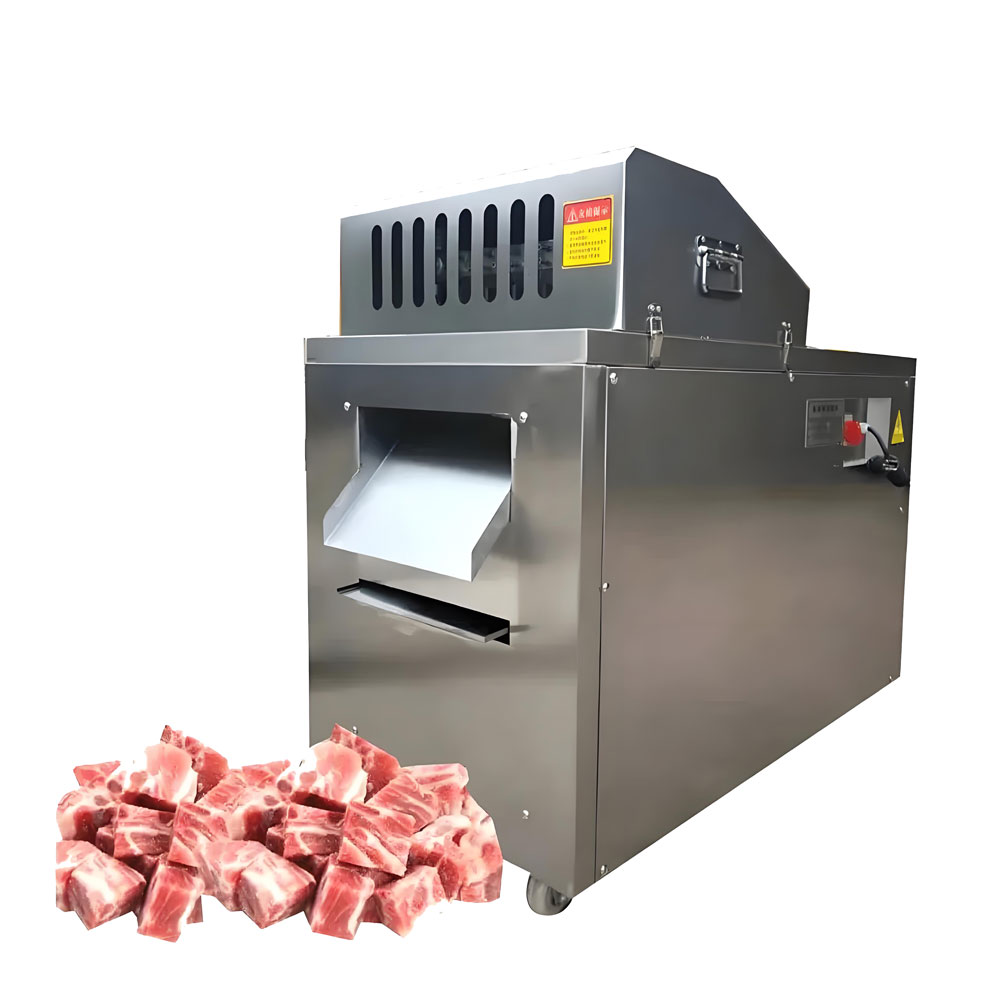
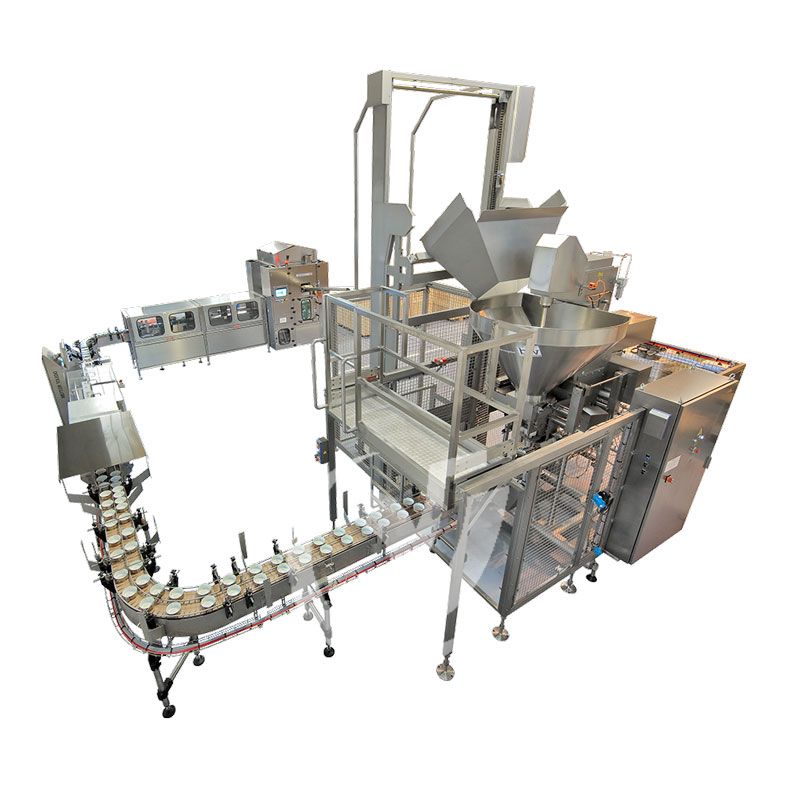

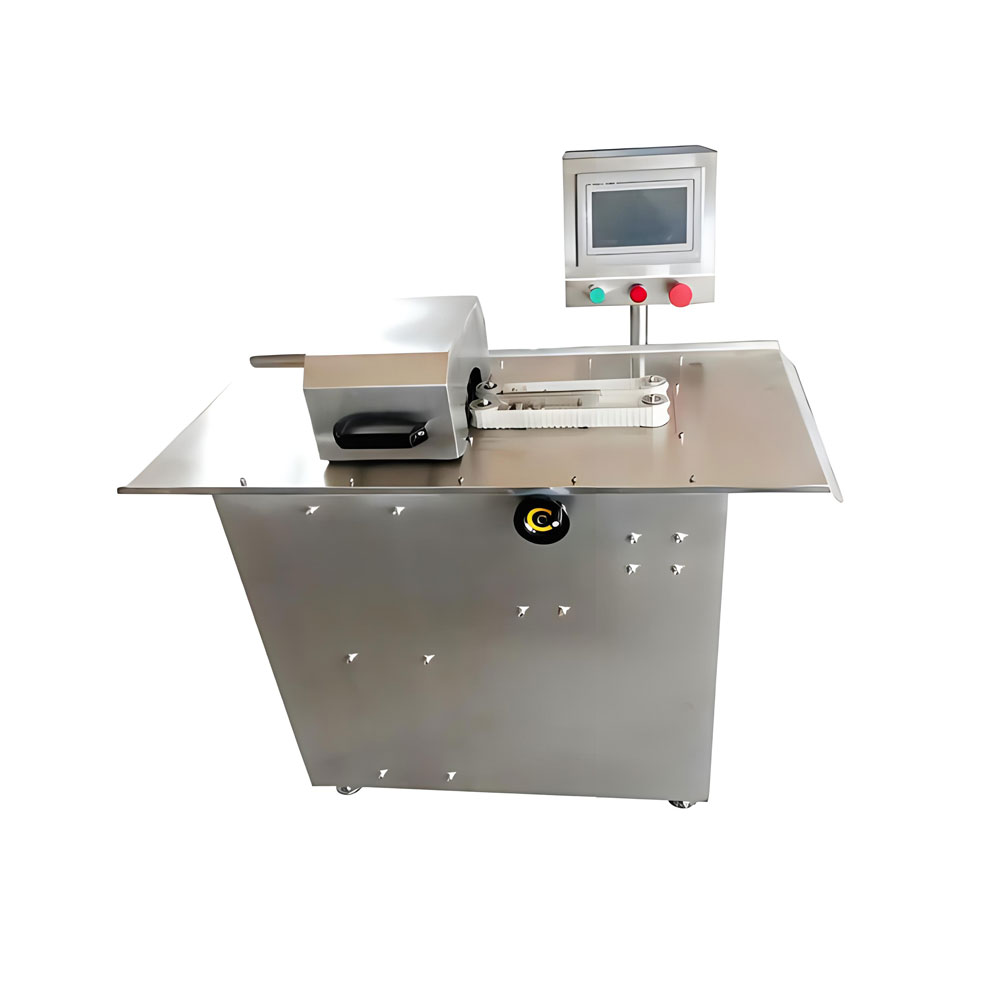
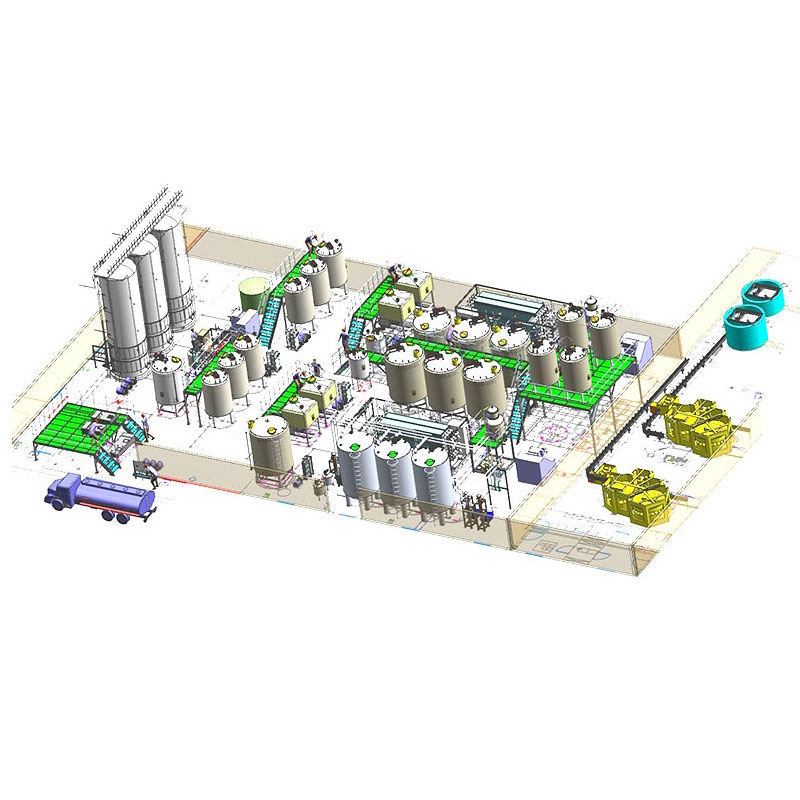
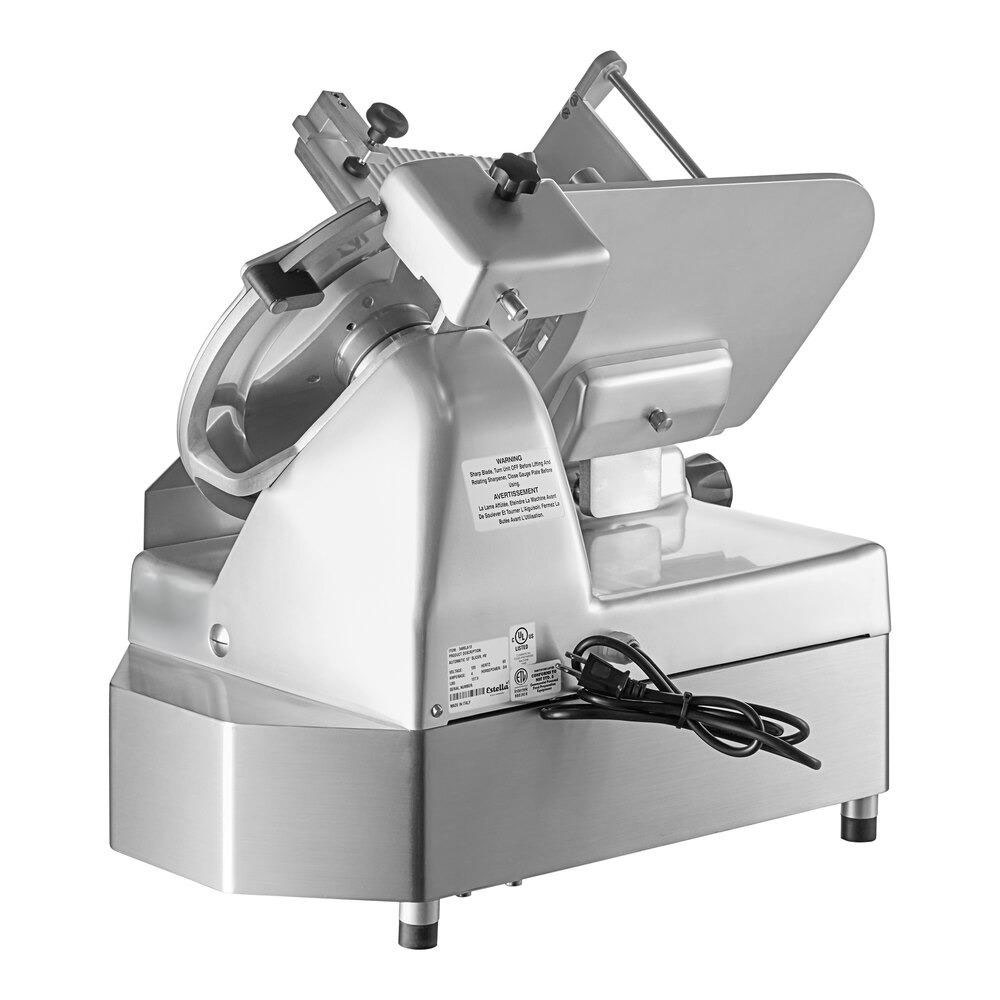
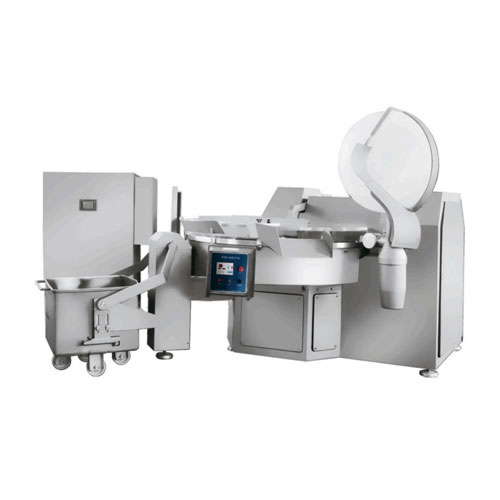
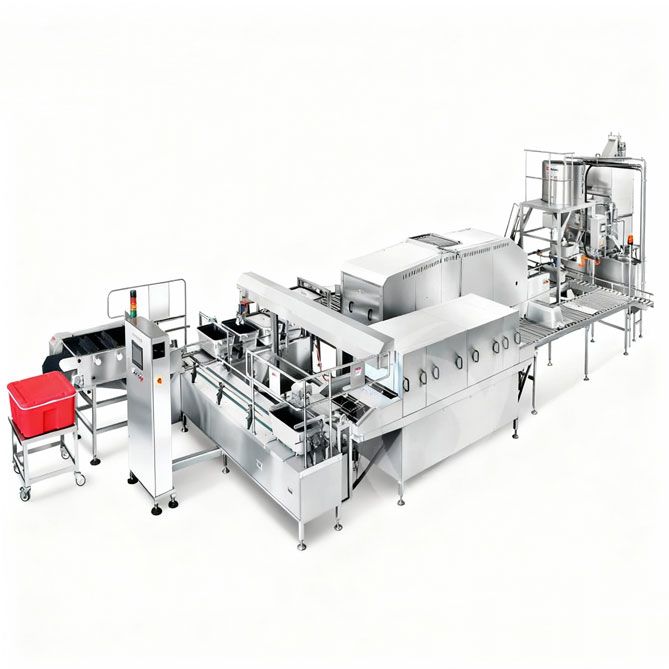
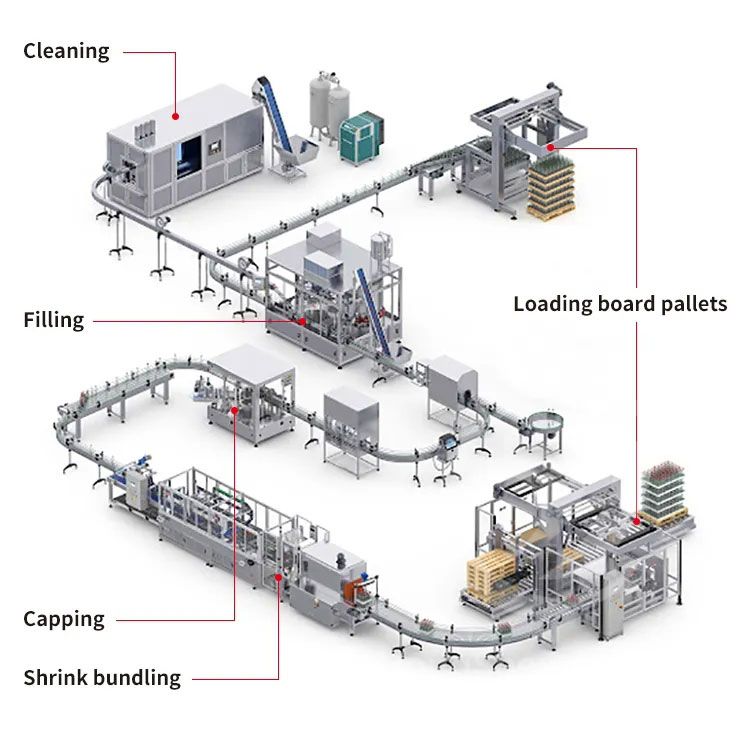 Aseptic Canning Production Line Equipment
Aseptic Canning Production Line Equipment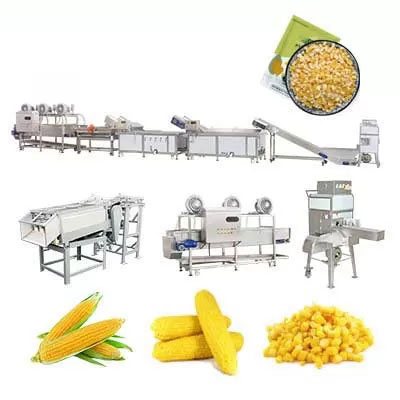 Sweet Corn Canning Production Line
Sweet Corn Canning Production Line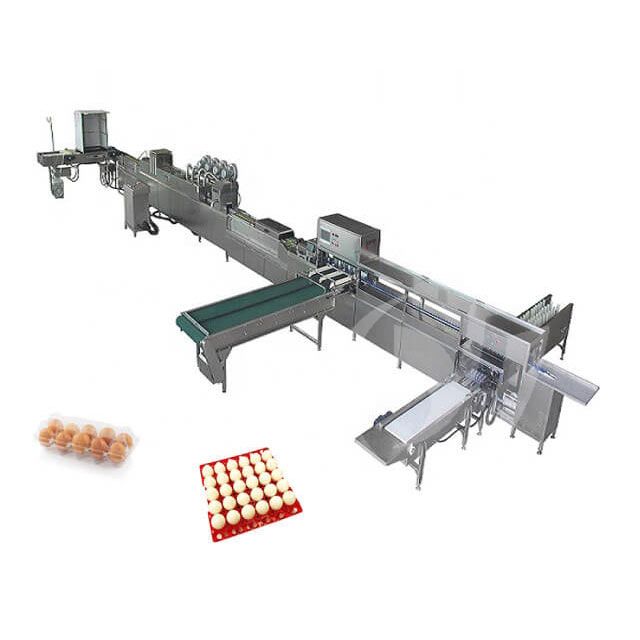 Egg Canning Production Line
Egg Canning Production Line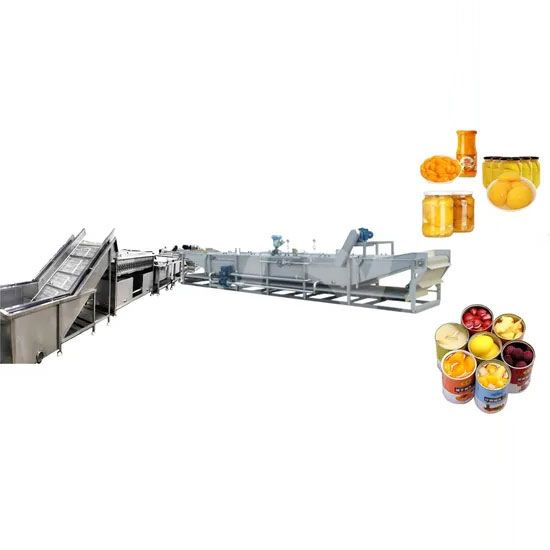 Canned Fruit Production Line Equipment
Canned Fruit Production Line Equipment
Ready to Get Started?